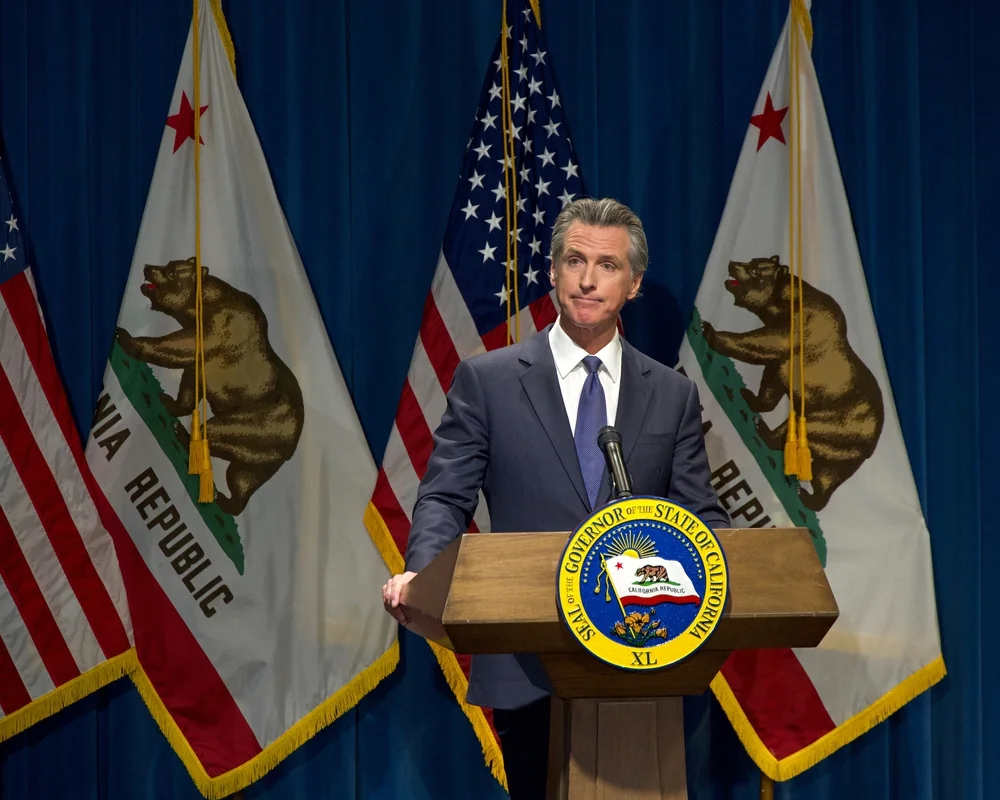
Milei's Mandate
Javier Milei’s recent electoral victory provides a renewed mandate for economic reforms in Argentina.
Javier Milei’s sweeping victory in Argentina’s midterm elections is nothing short of historic. His coalition, La Libertad Avanza (“Liberty Advances”), captured roughly 40 percent of the national vote — outpacing the Peronist opposition by nearly ten points and flipping Buenos Aires province for the first time in decades. For a country mired in chronic inflation, recurring defaults, and economic malaise, Milei’s success is not merely a partisan triumph — it is a referendum on 40 years of failed economic management and a potential last chance to restore the principles of limited government and open markets to Argentine public life.
The results consolidate Milei’s political position and strengthen his economic mandate. When he was elected president in 2023, many viewed his self-styled libertarianism and chainsaw-wielding campaign antics as a form of performance art. But nearly two years later, Argentines have doubled down on his growth experiment, rewarding his early austerity and liberalization efforts with renewed legislative backing. Milei’s efforts have also won the backing of President Donald Trump and Treasury Secretary Scott Bessent, who have extended Argentina a dollar swap line. The message, following Milei’s win in the midterm election, is clear: voters are willing to endure short-term pain for the promise of long-term stability (for now).
That willingness reflects a profound shift in Argentine political psychology. For decades, Peronism has been the prevailing force in Argentine politics. The printing press financed fiscal deficits; subsidies and controls substituted for productivity; and each successive crisis brought another IMF bailout. Inflation became a way of life. In 2023, consumer prices rose over 200 percent year-over-year but have since fallen substantially since Milei came into office, appointed a competent inflation fighting central banker, and cut fiscal deficits.
Milei’s diagnosis of that dysfunction is blunt but largely correct. He blames the central bank for monetizing deficits, the political class for overspending, and the corporatist system for entrenching inefficiency. His “Chainsaw Plan” seeks to slash government spending by as much as 15 percent of GDP, deregulate key sectors, privatize state-owned firms, and ultimately dollarize the economy. To his critics, this agenda looks radical; to many Argentines, it looks like an opportunity to join the Western world.
Markets have reacted accordingly to the results of the midterm elections in Argentina. Argentine bonds, which once traded at deep-distress levels, have rallied since his initial election and again following last week’s midterms. The peso has stabilized, inflation expectations have started to decline, and capital inflows have resumed. Investors are effectively betting that Argentina may finally break its populist cycle and re-anchor expectations around fiscal discipline. The comparison to 1991, when Domingo Cavallo’s convertibility plan briefly restored confidence, is tempting, though today’s challenge is steeper: a weaker institutional base, a more globalized capital market, and a society scarred by decades of economic trauma.
Still, Milei’s reforms face formidable headwinds. Even after his electoral gains, La Libertad Avanza remains short of an outright majority in Congress. Building coalitions will require compromise. Moreover, the speed and sequencing of reforms matter. Sharp fiscal consolidation without credible monetary and structural anchors risks recession and social unrest. Argentina has been down this road before: convertibility in the 1990s brought price stability, but without sustained fiscal adjustment, it ultimately led to collapse.
For Milei to succeed, he must prioritize achievable wins such as simplifying the tax code, liberalizing energy markets, and reducing export restrictions while phasing in deeper structural changes. Dollarization, for instance, remains politically and technically fraught. It could impose discipline, but without a fiscal anchor and an independent judiciary, it risks becoming another brittle regime vulnerable to collapse.
What makes Milei’s moment unique is that it comes amid a global re-evaluation of economic freedom. Since the global financial crisis of 2008-2009, governments have expanded fiscal footprints in response to pandemics, wars, industrial policy races, and voters have grown accustomed to the state as insurer of first resort. Against this backdrop, Milei’s unapologetic defense of market reforms stands out. He speaks of Hayek and Friedman, rails against “socialist Keynesianism,” and quotes Rothbard on television. Whether or not he can deliver on his rhetoric, he has already shifted the Overton window of Argentine and Latin American economic debate.
For policymakers elsewhere, the implications are profound. If Milei succeeds, Argentina could become the first major economy in a generation to reverse the global tide toward state expansion. It would signal that deep fiscal consolidation and liberalization are politically viable, rather than a political economy impossibility (Mariano Rajoy and Gerhard Schroeder faced electoral defeats in Spain and Germany, respectively, following fiscal consolidation). If Milei fails, it will reinforce the belief that austerity and free-market reform are politically toxic.
Milei’s economic mandate, then, is both national and global. It is Argentina’s last opportunity to prove that disciplined capitalism can still deliver prosperity, and the world’s test case for whether the post-global financial crisis drift toward large governments is reversible. For decades, Argentina was the cautionary tale of what happens when socialism triumphs over prudent moderation. Now, it has a chance to show how discipline, credibility, and freedom can triumph over economic decay.
Can Milei convert electoral legitimacy into policy reform durability before political patience runs out? History will not wait long for results. But after scrapping rent controls and increasing rental property supply, bringing down rents, as well as defeating Argentina’s significant inflation of the 2020s, Milei is notching wins that could cement a reform legacy.
Jonathan Hartley is a research fellow at the Civitas Institute, a senior fellow at the Foundation for Research on Equal Opportunity, a senior fellow at the Macdonald-Laurier Institute, and podcast host of Capitalism and Freedom in the 21st Century at the Hoover Institution.

The Economic and Constitutional Vices of California’s “Once-only” Wealth Tax
California's proposal to tax billionaires seems at first menacing, but could have drastic negative consequences for the future of the state.
.webp)
California’s Proposed Billionaire Tax and Its Portents for Normal People
The deeper significance of California's billionaire tax is in how it redefines what it means to own property in the United States.

The Civitas Outlook Energy Symposium
Energy policy in America has become, over the past few decades, one of the most fraught debates in American politics.
Get the Civitas Outlook daily digest, plus new research and events.





.webp)
.png)


